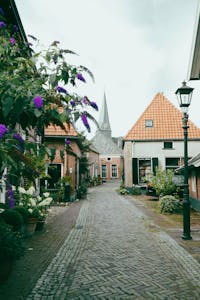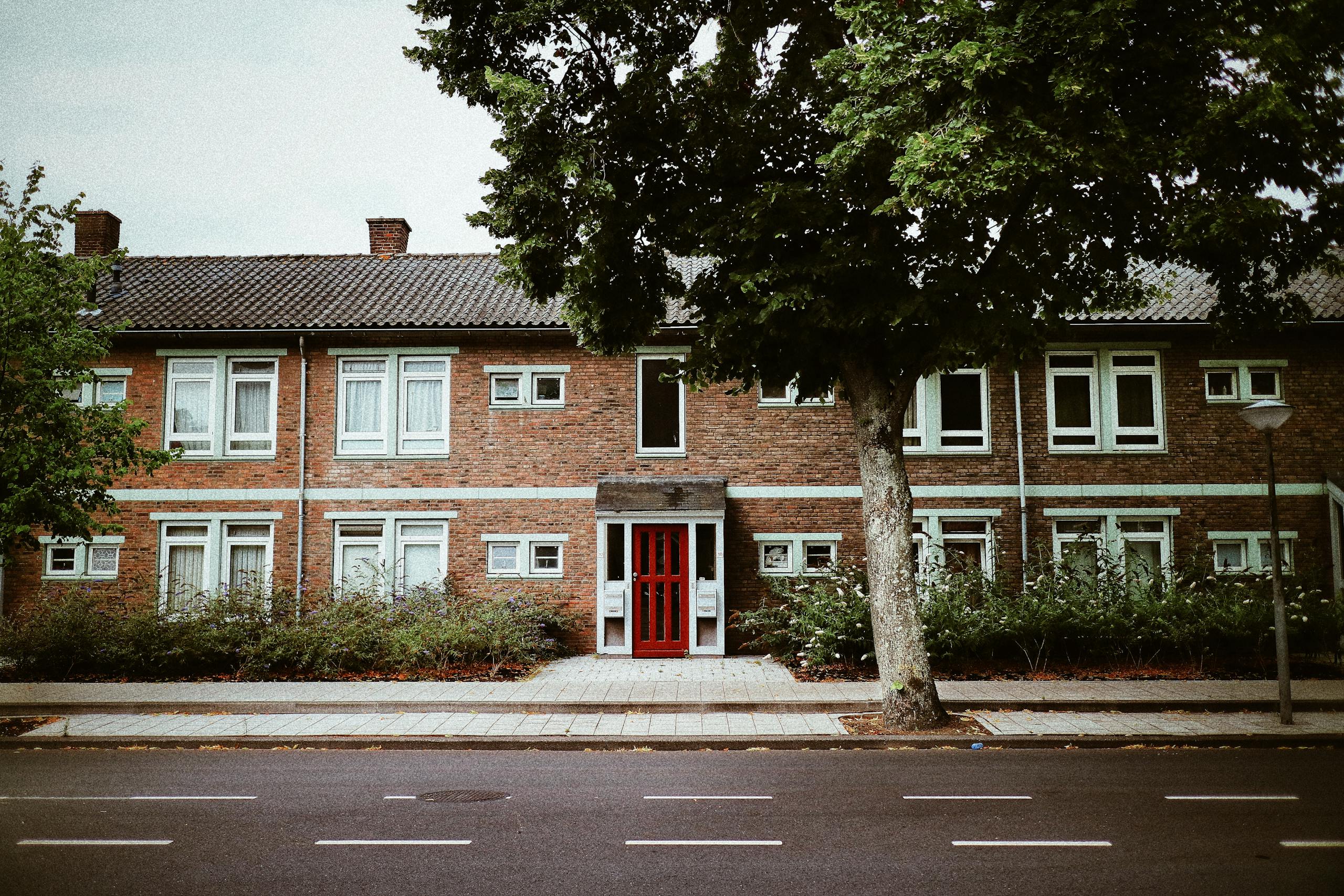Renting vs. Buying Property in the Netherlands: Which Is Better for Expats?
 Netherlands Property.
Netherlands Property.Renting vs. Buying Property in the Netherlands: Which Is Better for Expats?
Did you know that the Netherlands boasts one of the most dynamic housing markets in Europe, with expats making up nearly 10% of the population? As an expat, choosing between renting and buying property in this vibrant country can be a daunting decision. But don’t worry, you’re not alone. With over two decades of experience in the realm of real estate and SEO, I’m here to guide you through this intricate maze.
In this blog post, we’ll delve into the historical developments that have shaped the Dutch housing market, explore the industries most impacted by these trends, and ultimately help you decide whether renting or buying is the best option for you as an expat. By the end, you’ll have a clearer understanding of the pros and cons of each choice, armed with the knowledge to make an informed decision.
The Historical Context of the Dutch Housing Market
The Netherlands has a rich history that has significantly influenced its housing market. From the tulip mania of the 17th century to the housing shortages post-World War II, the Dutch have always been at the forefront of economic and social change. The country’s compact size and high population density have led to innovative housing solutions, making it a fascinating case study for real estate enthusiasts.
In recent decades, the Dutch government has implemented various policies to address housing shortages and affordability issues. These include rent control measures, social housing initiatives, and incentives for sustainable building practices. As a result, the housing market in the Netherlands is a unique blend of tradition and modernity, offering a diverse range of options for expats.
Key Historical Developments:
- Post-War Reconstruction: After World War II, the Netherlands faced a severe housing shortage, leading to the construction of large-scale social housing projects.
- Rent Control Policies: Introduced in the 1970s to protect tenants from excessive rent increases, these policies continue to influence the rental market today.
- Green Building Initiatives: In recent years, the Dutch government has promoted sustainable building practices, making energy-efficient homes more accessible to buyers and renters alike.
Industries Most Affected by the Housing Market
The Dutch housing market has far-reaching implications for various industries, particularly those that rely on a stable and affordable housing supply. Let’s take a closer look at some of the sectors most impacted by these trends.
Real Estate and Construction
The real estate and construction industries are directly influenced by the housing market’s fluctuations. With the demand for housing on the rise, these sectors have experienced significant growth in recent years. However, they also face challenges such as labor shortages and rising material costs, which can impact the availability and affordability of housing for expats.
Finance and Banking
The finance and banking sectors play a crucial role in facilitating property transactions, offering mortgages, and providing financial advice to expats. As the housing market evolves, these industries must adapt to changing regulations and economic conditions, ensuring that expats have access to the resources they need to make informed decisions.
Technology and Innovation
Technology and innovation are transforming the way we buy and rent property in the Netherlands. From virtual property tours to blockchain-based transactions, the real estate industry is embracing digital solutions to enhance the customer experience. This shift is particularly beneficial for expats, who can now explore housing options from anywhere in the world.
Renting vs. Buying: Pros and Cons for Expats
Now that we’ve explored the historical context and industry implications, let’s dive into the heart of the matter: renting versus buying property in the Netherlands. Each option has its own set of advantages and disadvantages, and the best choice for you will depend on your unique circumstances and goals.
Renting: Flexibility and Convenience
Renting a property in the Netherlands offers several benefits, particularly for expats who are new to the country or plan to stay for a limited time. Here are some key advantages of renting:
- Flexibility: Renting allows you to move more easily, whether you’re exploring different neighborhoods or relocating for work.
- Lower Upfront Costs: Renting typically requires a smaller initial investment compared to buying, making it a more accessible option for many expats.
- Less Responsibility: As a tenant, you’re not responsible for property maintenance or repairs, which can save you time and money.
However, renting also has its drawbacks. Rent prices in popular cities like Amsterdam and Rotterdam can be high, and you may face limited availability in certain areas. Additionally, you won’t build equity in a rented property, which can impact your long-term financial goals.
Buying: Stability and Investment Potential
For expats planning to settle in the Netherlands for the long term, buying a property can be an attractive option. Here are some of the benefits of homeownership:
- Equity Building: Owning a home allows you to build equity over time, which can contribute to your financial security.
- Stability: Buying a property provides a sense of permanence and stability, allowing you to establish roots in your community.
- Investment Potential: The Dutch housing market has shown consistent growth, making property ownership a potentially lucrative investment.
On the flip side, buying a property requires a significant upfront investment, including a down payment, closing costs, and ongoing maintenance expenses. Additionally, navigating the Dutch real estate market can be complex, particularly for expats unfamiliar with local regulations and customs.
Conclusion: Making the Right Choice for You
In conclusion, the decision to rent or buy property in the Netherlands is a deeply personal one, influenced by your individual circumstances, goals, and preferences. By understanding the historical context, industry implications, and pros and cons of each option, you can make an informed decision that aligns with your needs.
In a rapidly evolving housing market, embracing flexibility and adaptability is no longer optional—it’s essential for success. Whether you choose to rent or buy, the key is to stay informed and proactive, seeking out resources and advice to guide you through the process.
If you’re ready to take the next step in your expat journey, consider reaching out to a local real estate expert or financial advisor who can provide personalized guidance and support. Remember, the right choice is the one that empowers you to thrive in your new home.
So, what will it be? Renting or buying? The decision is yours, and the possibilities are endless. Embrace the adventure and make the most of your expat experience in the Netherlands!







One Comment